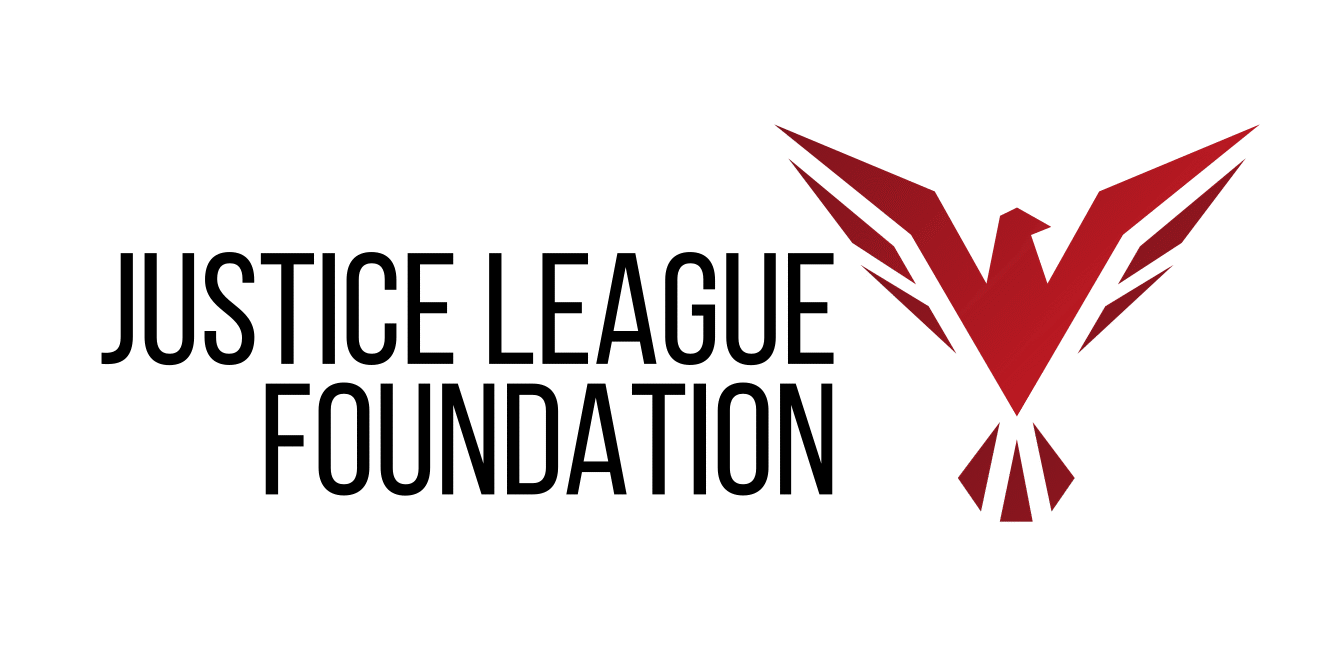Right to Education: Promise Unfulfilled
Education is the cornerstone of a just, equal, and progressive society.
In India, this vision was firmly embedded into our constitutional framework through Article 21A, which guarantees the Right to Free and Compulsory Education for every child aged 6 to 14 years.
This constitutional promise took concrete shape through the Right of Children to Free and Compulsory Education Act, 2009 (RTE Act), a transformative law that sought to make quality elementary education not a privilege, but a fundamental right for all children, especially the most marginalized.
But sixteen years since its enactment, where do we stand?
The Promise of the RTE Act
The RTE Act is anchored in the belief that a just and humane society can only be built through inclusive education. It mandates:
- Free and compulsory elementary education for all children aged 6 to 14.
- Neighborhood schools so that distance is never a barrier.
- No child left behind because of economic hardship, disability, or social disadvantage.
- A child-centric approach that nurtures learning in a joyful, stress-free environment.
- Teachers reoriented to support holistic development rather than rote learning.
One of the Act’s most debated provisions is Section 12(1)(c), which requires all private unaided schools to reserve 25% of seats for children from economically weaker sections (EWS) and disadvantaged groups, with the State compensating them for the cost.
Challenges in Implementation
While the spirit of the Act is noble, its journey has been fraught with challenges:
- Private unaided schools resisted this 25% reservation, arguing that it infringed upon their autonomy.
In the landmark case of Society for Unaided Private Schools of Rajasthan v. Union of India (2012), the Supreme Court upheld the constitutionality of this requirement, though exempting minority-run institutions.
- Many government and government-aided schools, meant to be models of inclusive education, still lack basic infrastructure—proper classrooms, toilets, drinking water, libraries, and playgrounds.
- The School Management Committees (SMCs), meant to be the guardians of transparency and accountability, often exist only on paper or lack training.
- States struggle with timely reimbursement of fees to private schools, discouraging them from admitting EWS children.
- A disturbing trend has emerged where schools seek “minority status” simply to avoid the obligation of admitting disadvantaged children.
What Needs to Change?
For the RTE Act to fulfill its transformative promise, we must recognize that education is not charity:it is a child’s fundamental right.
The following steps are crucial:
- Strengthen and empower School Management Committees.
- Ensure timely and full reimbursement to private schools for EWS admissions, but also hold them accountable.
- Invest in improving infrastructure and teacher training in government schools.
- Promote inclusive education in its true sense, bridging the social divides within classrooms.
- Encourage judicial and civil society vigilance to monitor compliance with the law.
A Call to Action
At Justice League Foundation, we believe that the fight for every child’s right to education is far from over.
We stand with every child who dreams of a better tomorrow and every teacher who strives to make that dream a reality. But the responsibility doesn’t end with schools or governments alone. As citizens, parents, and changemakers, we must ask ourselves:
- Are we doing enough to create inclusive learning spaces?
- Are we holding our systems accountable for the promises they have made to our children?
Let us raise our voices, work together, and ensure that education becomes the great equalizer it was always meant to be.
Together, let’s build a future where no child is left behind.
— Team Justice League
